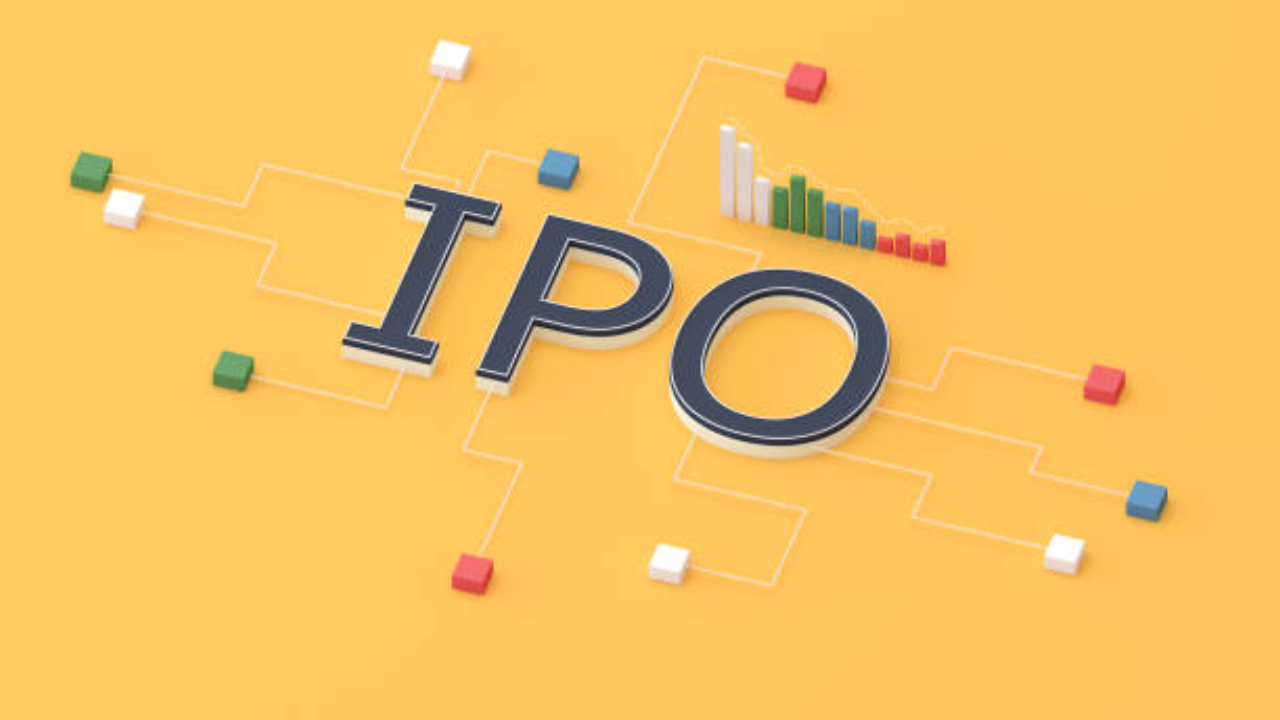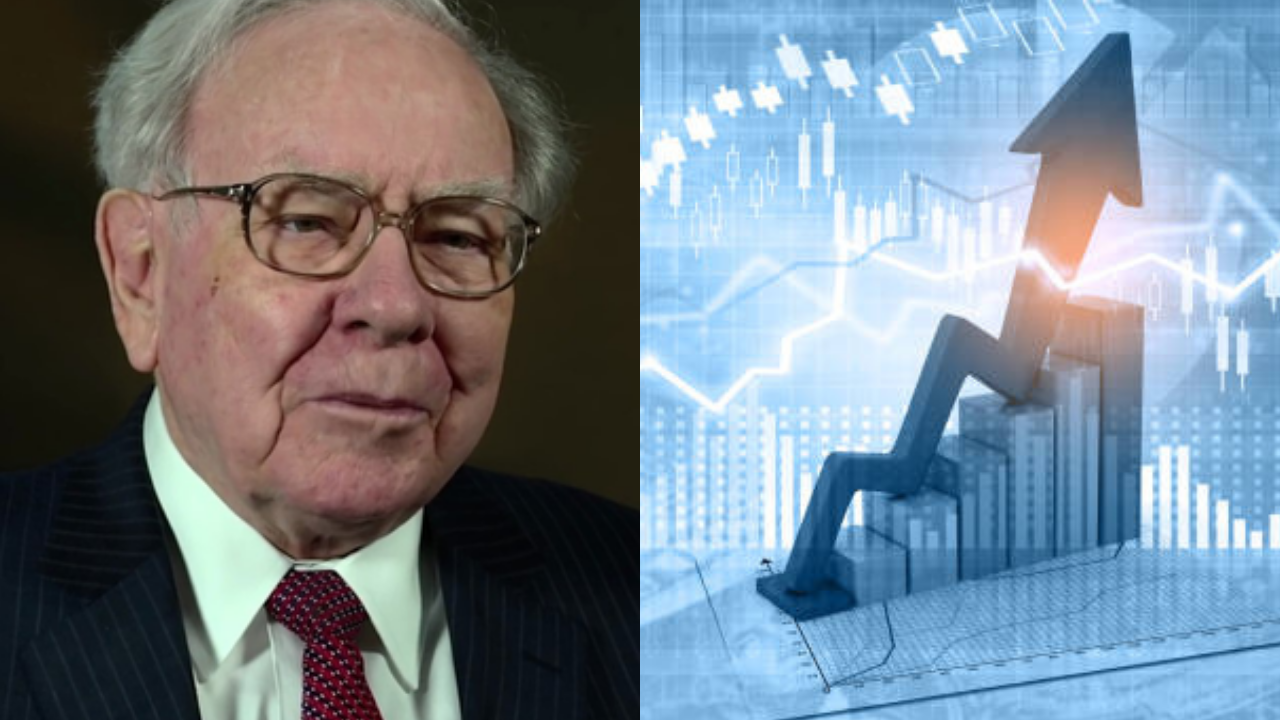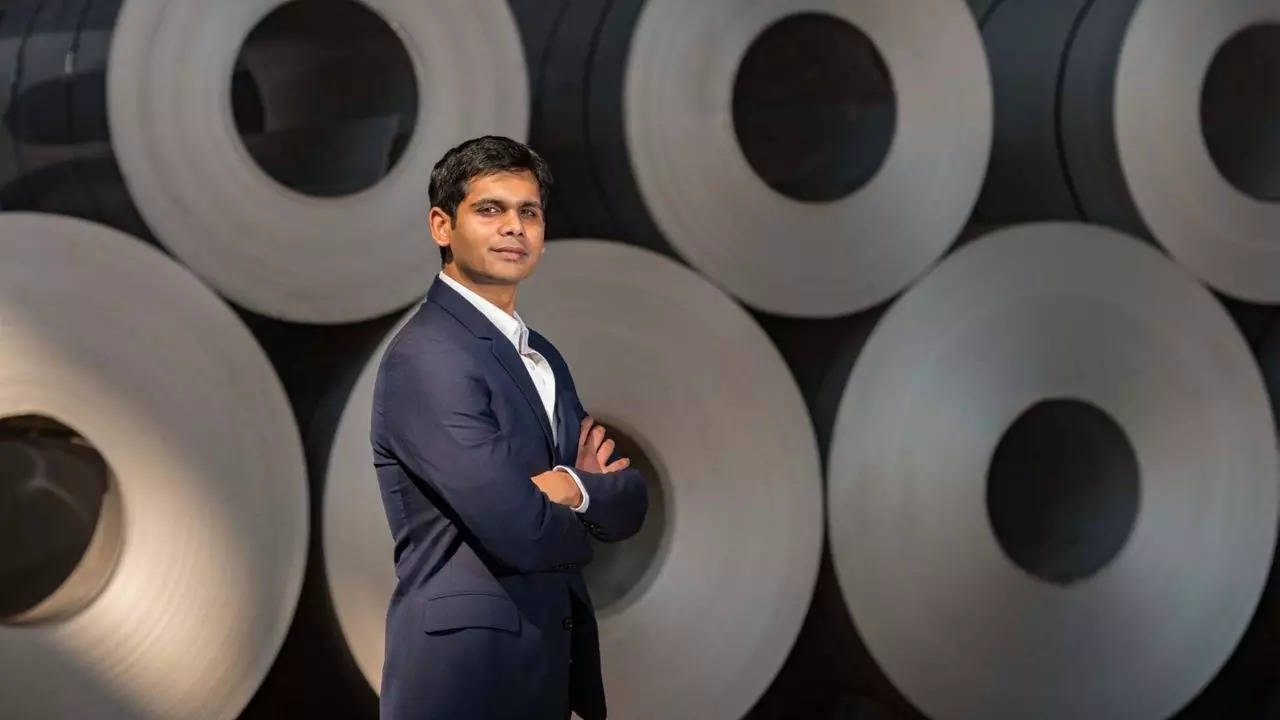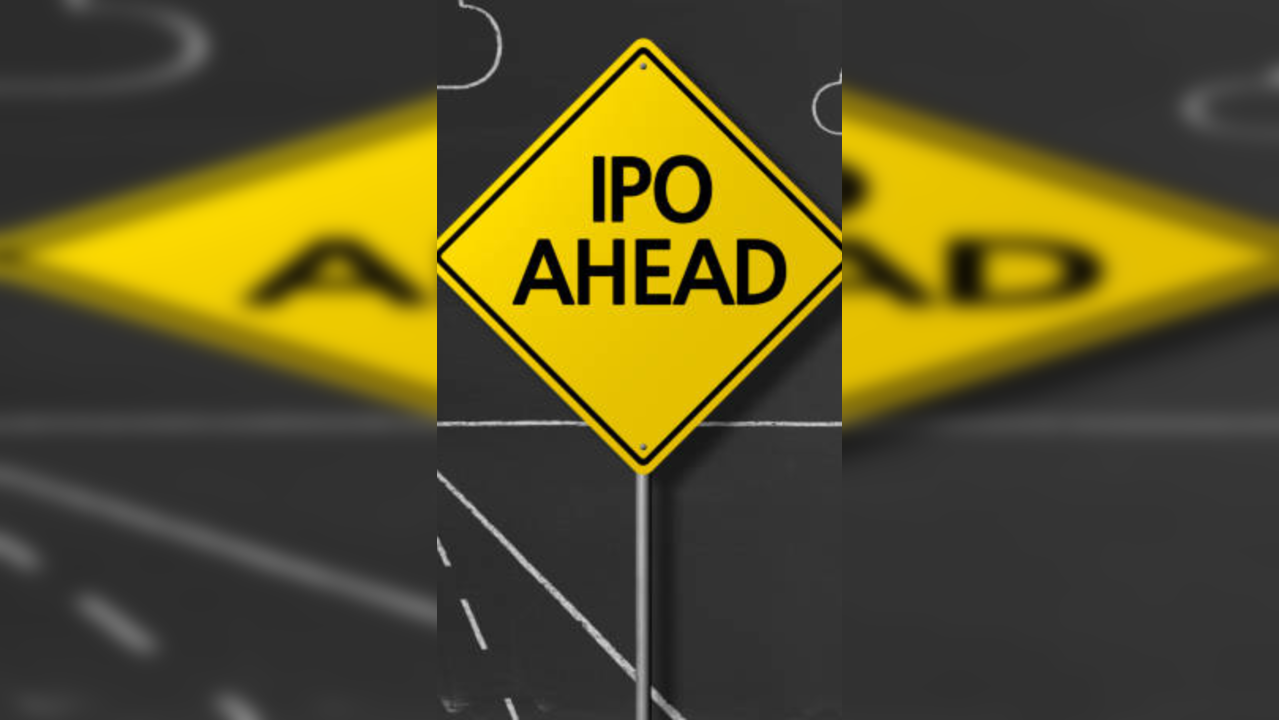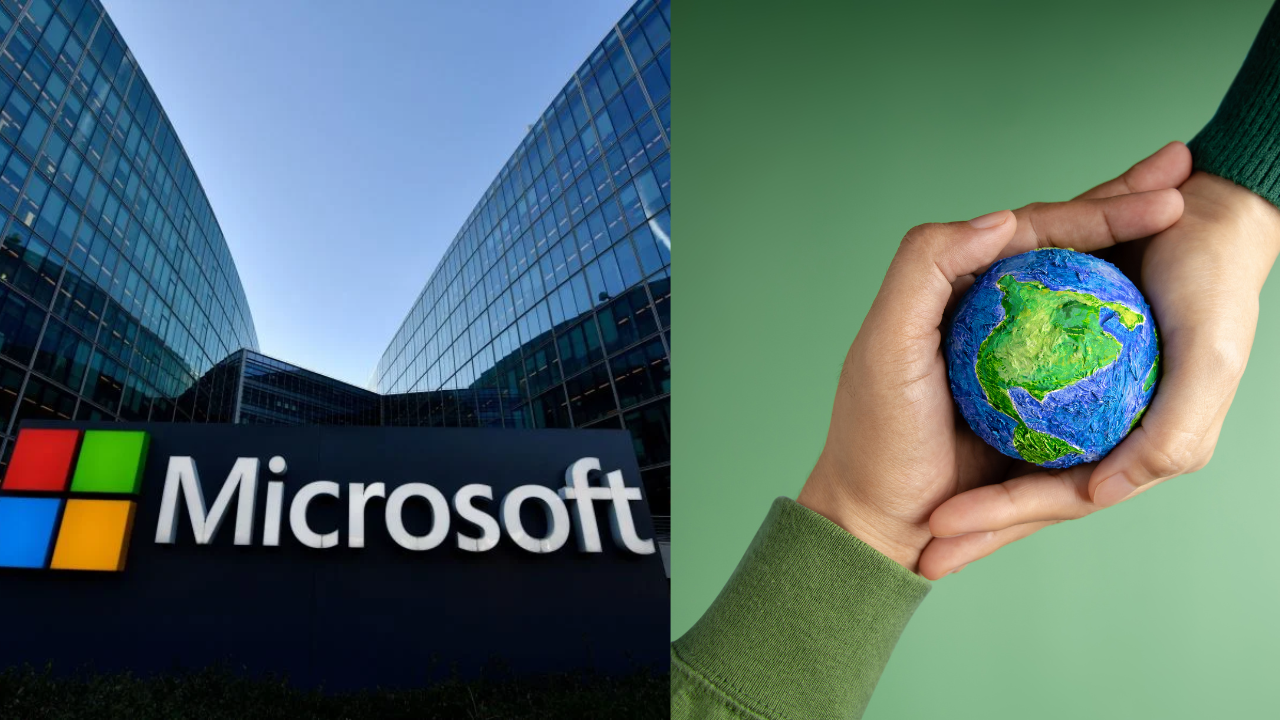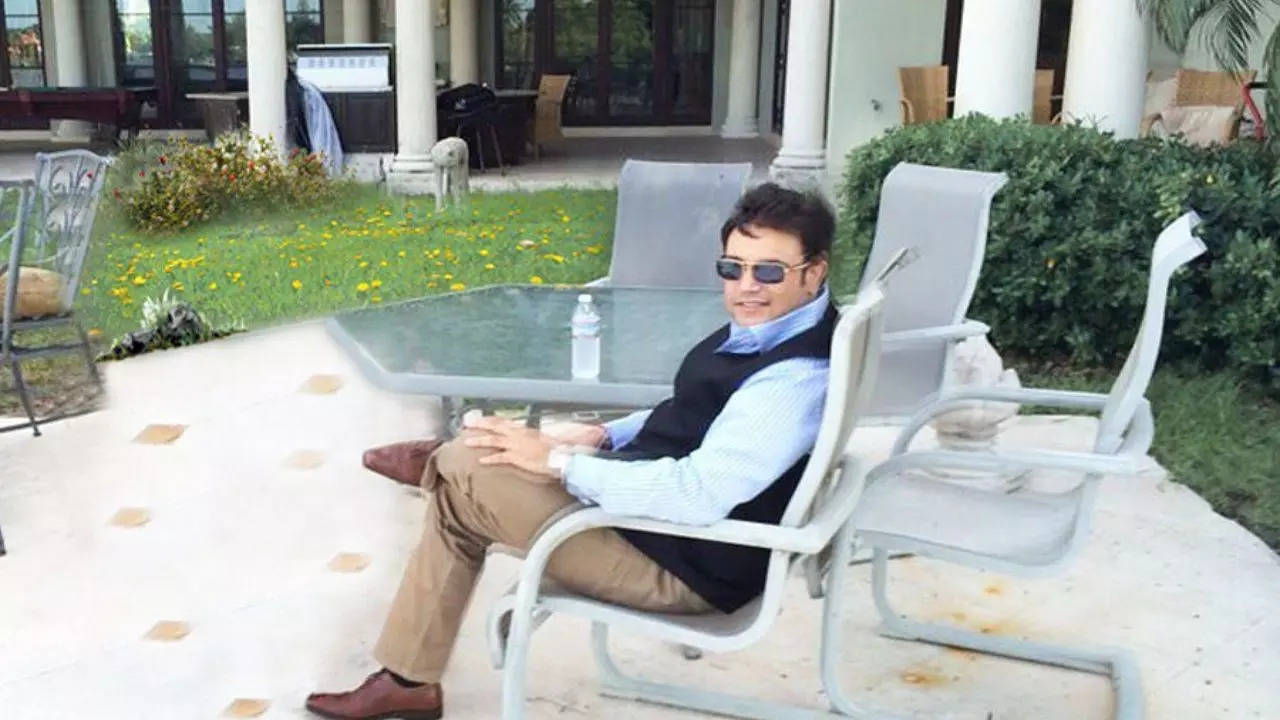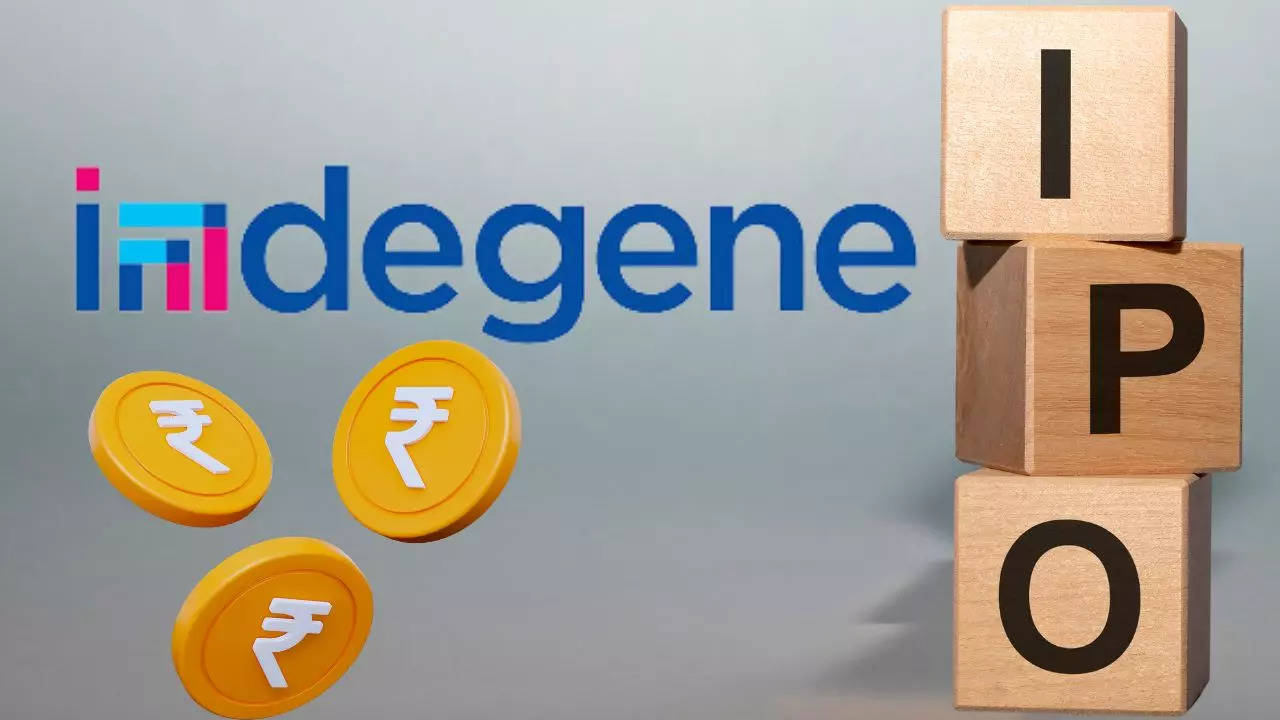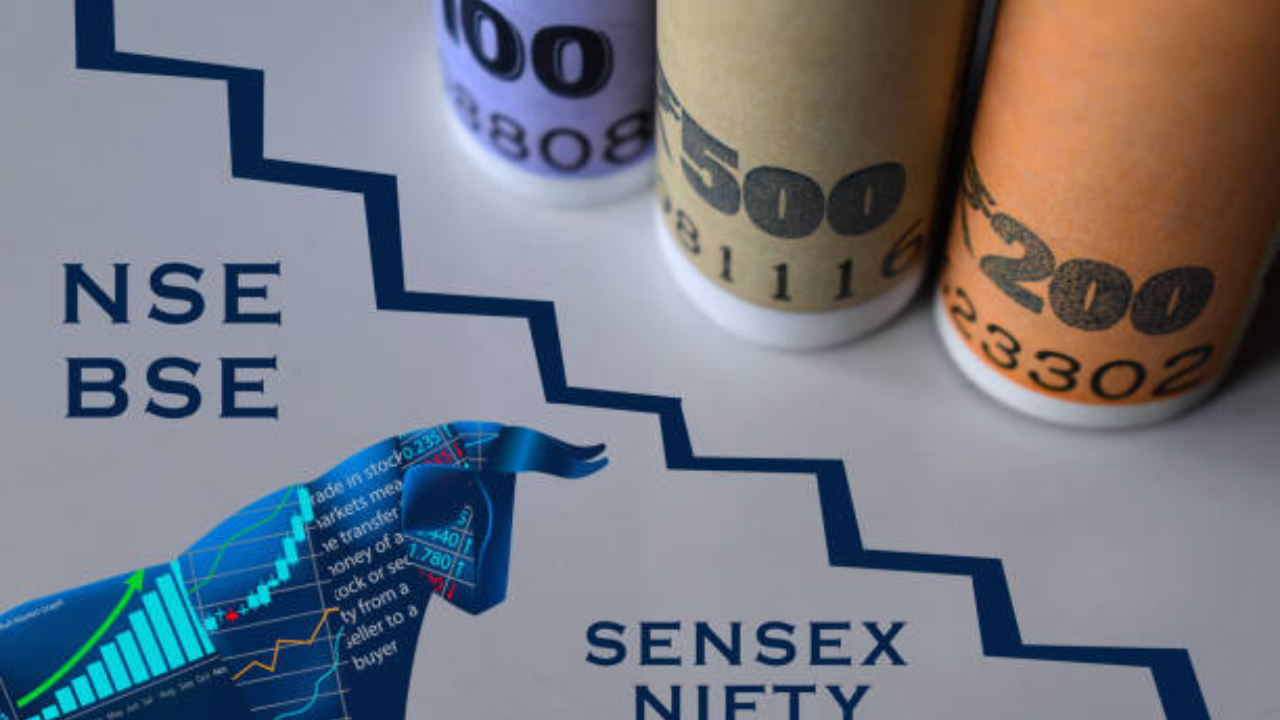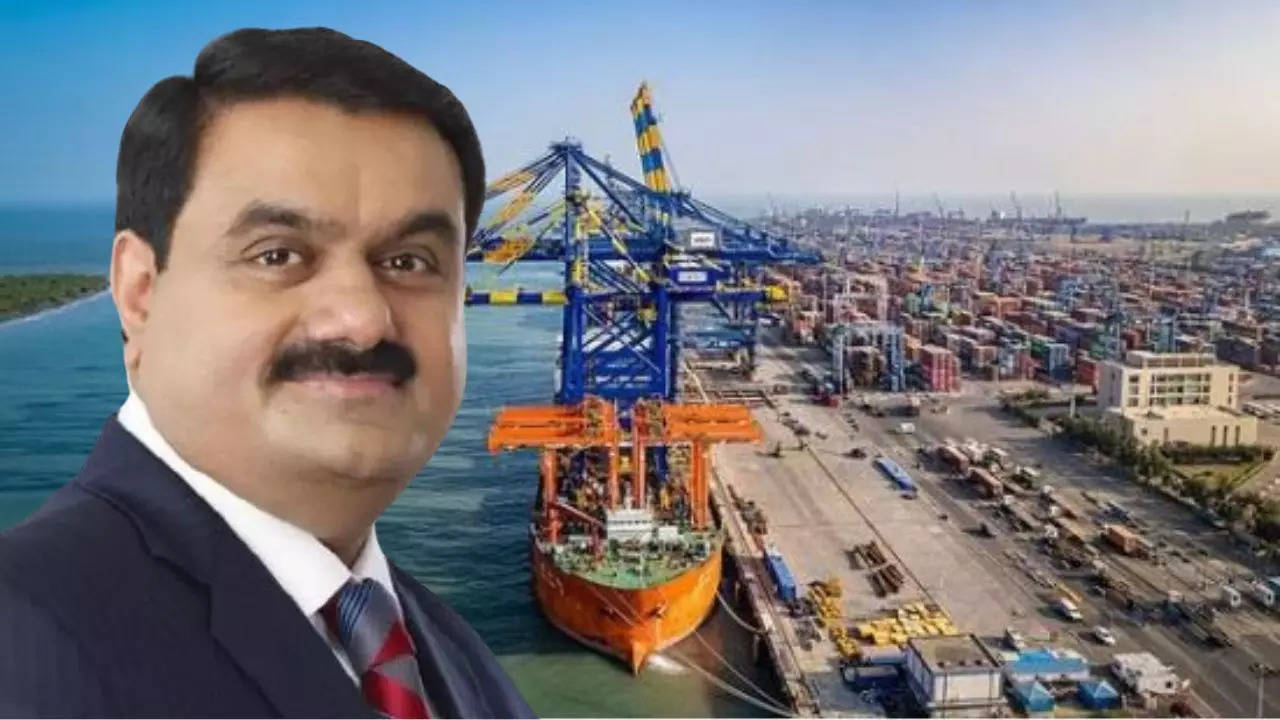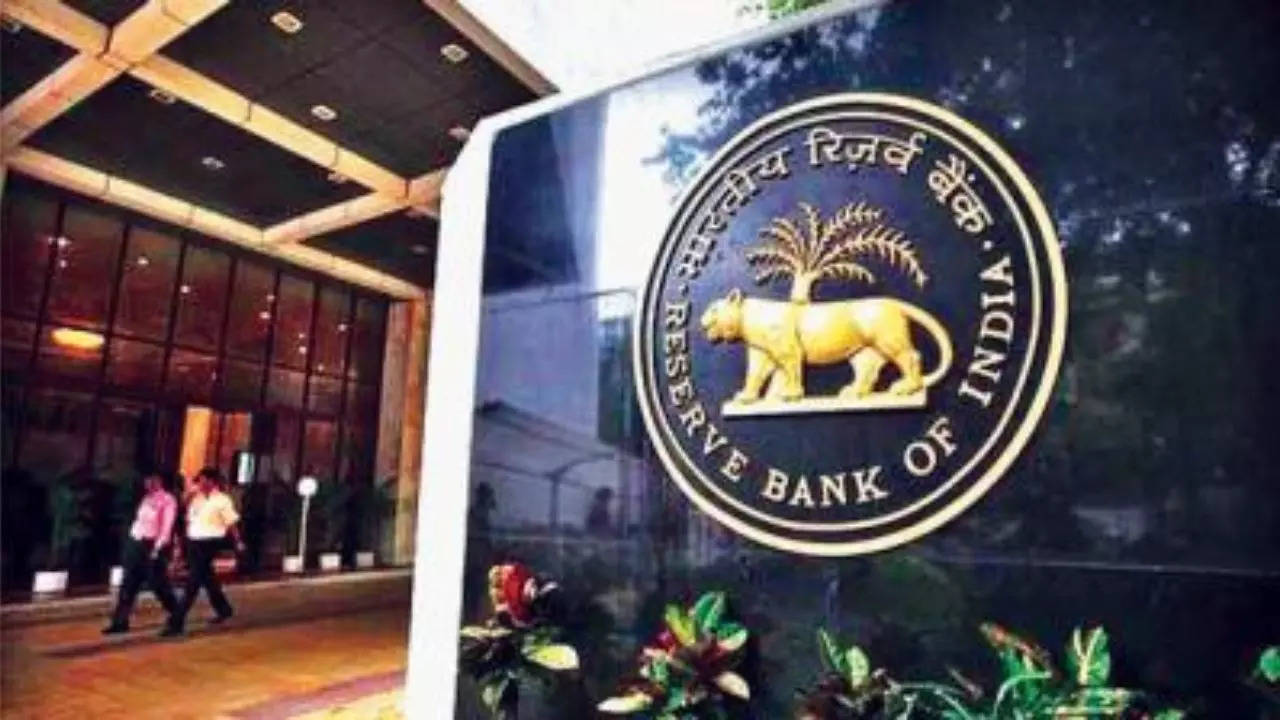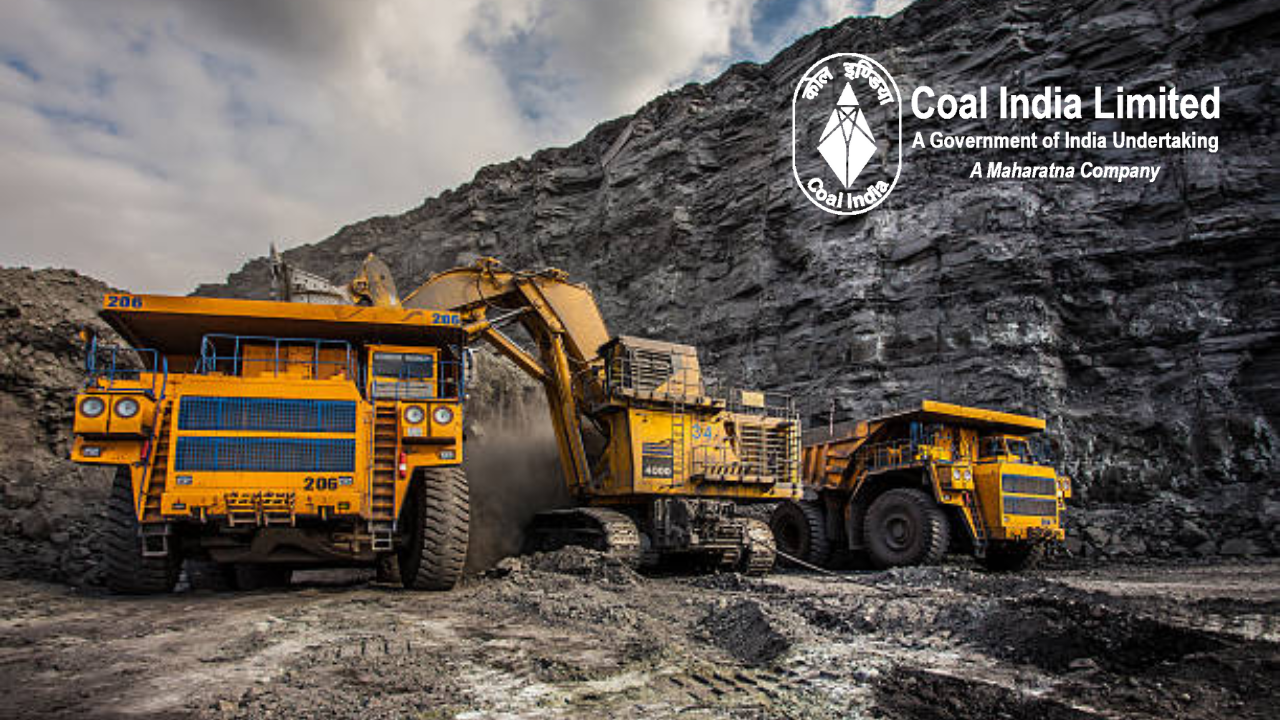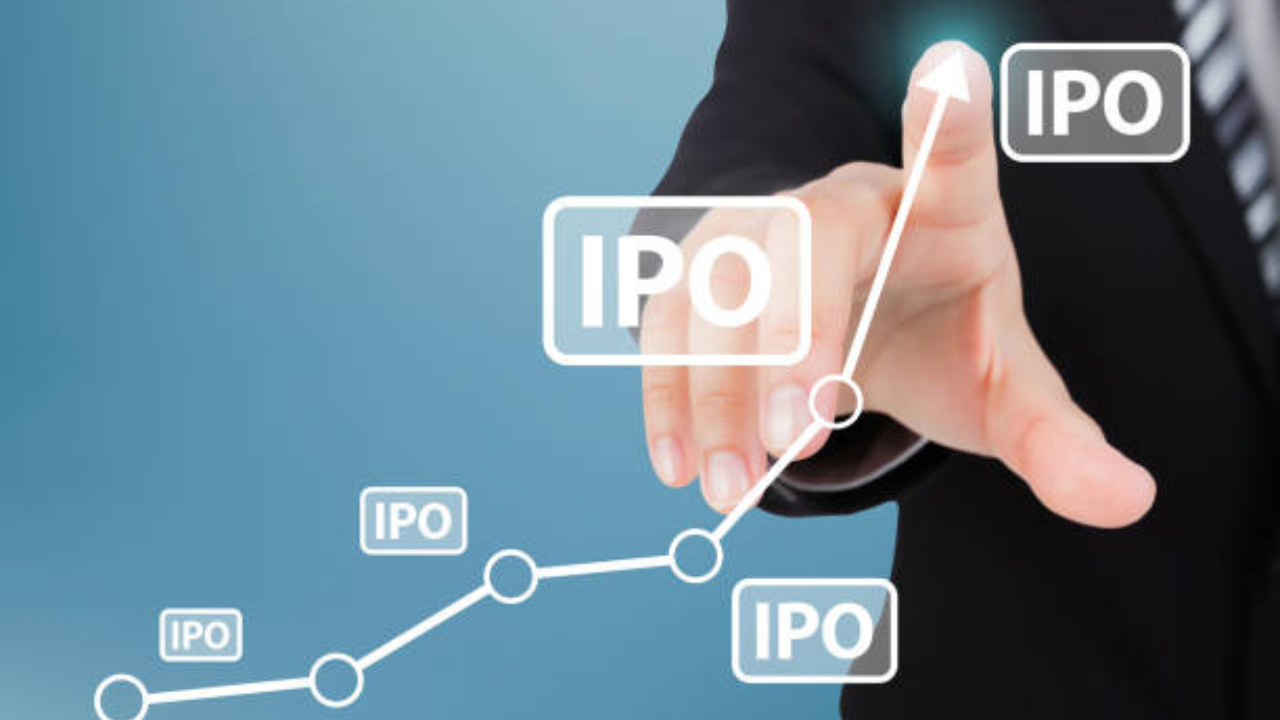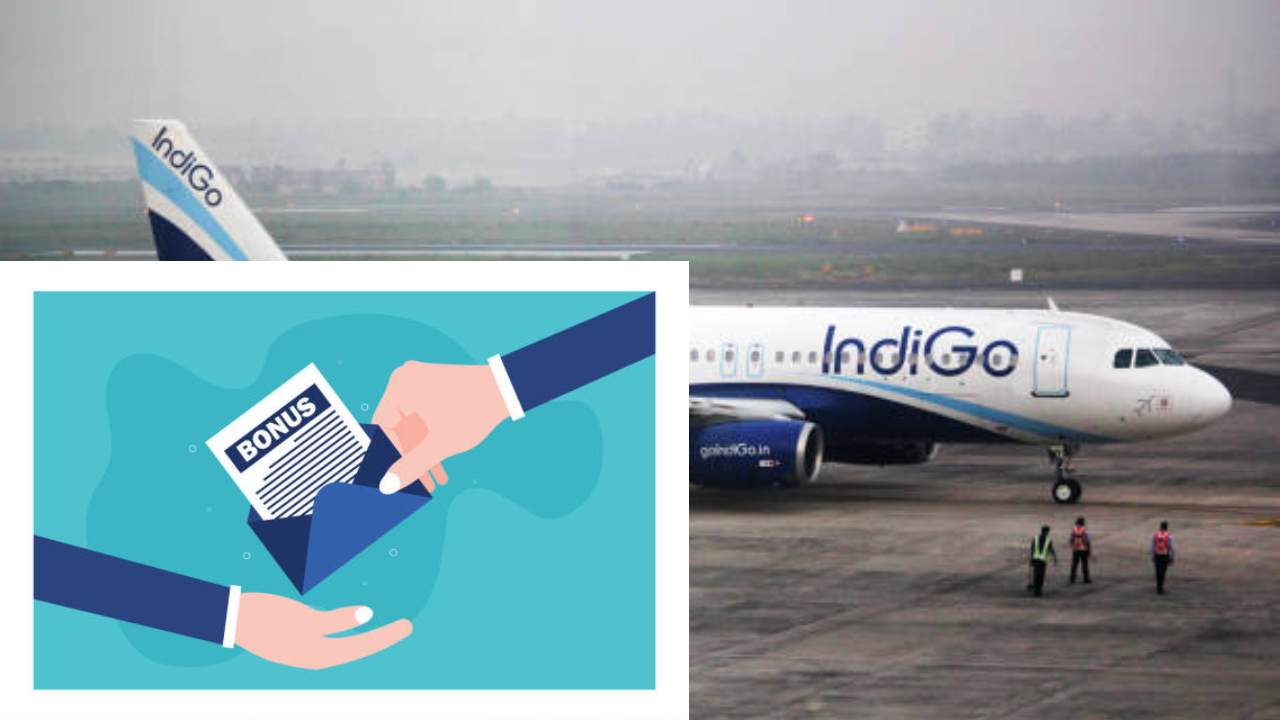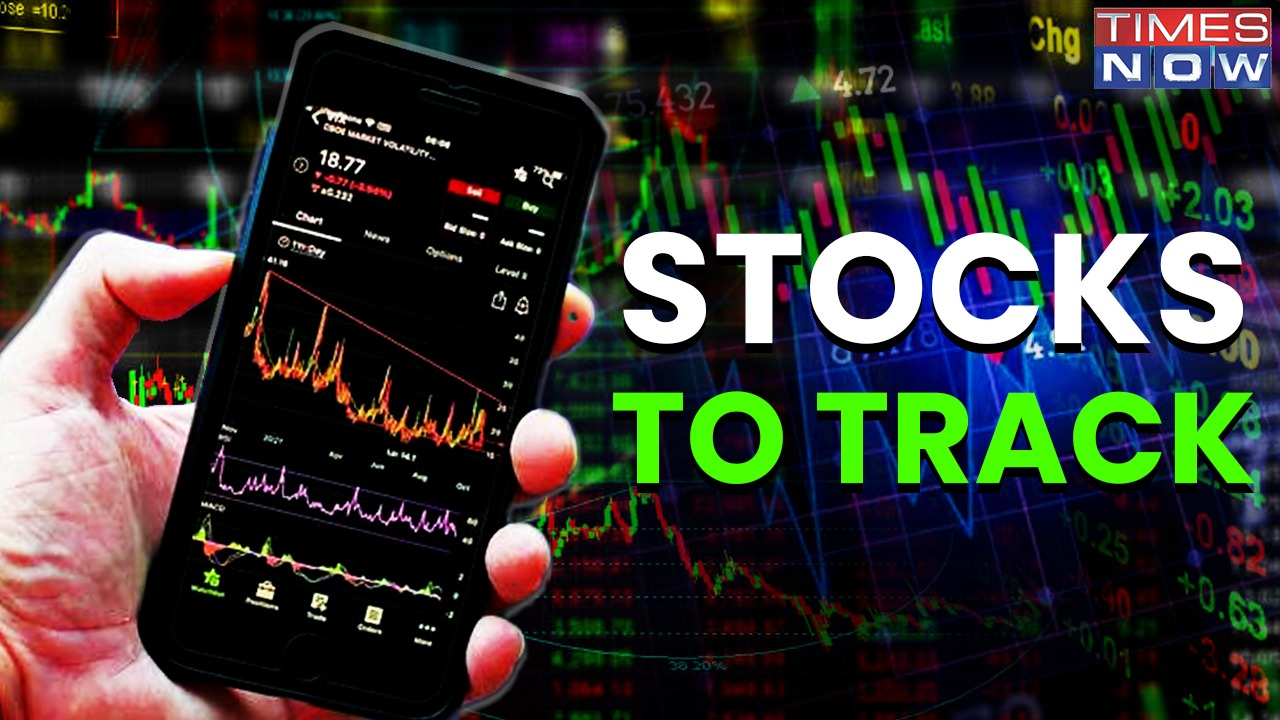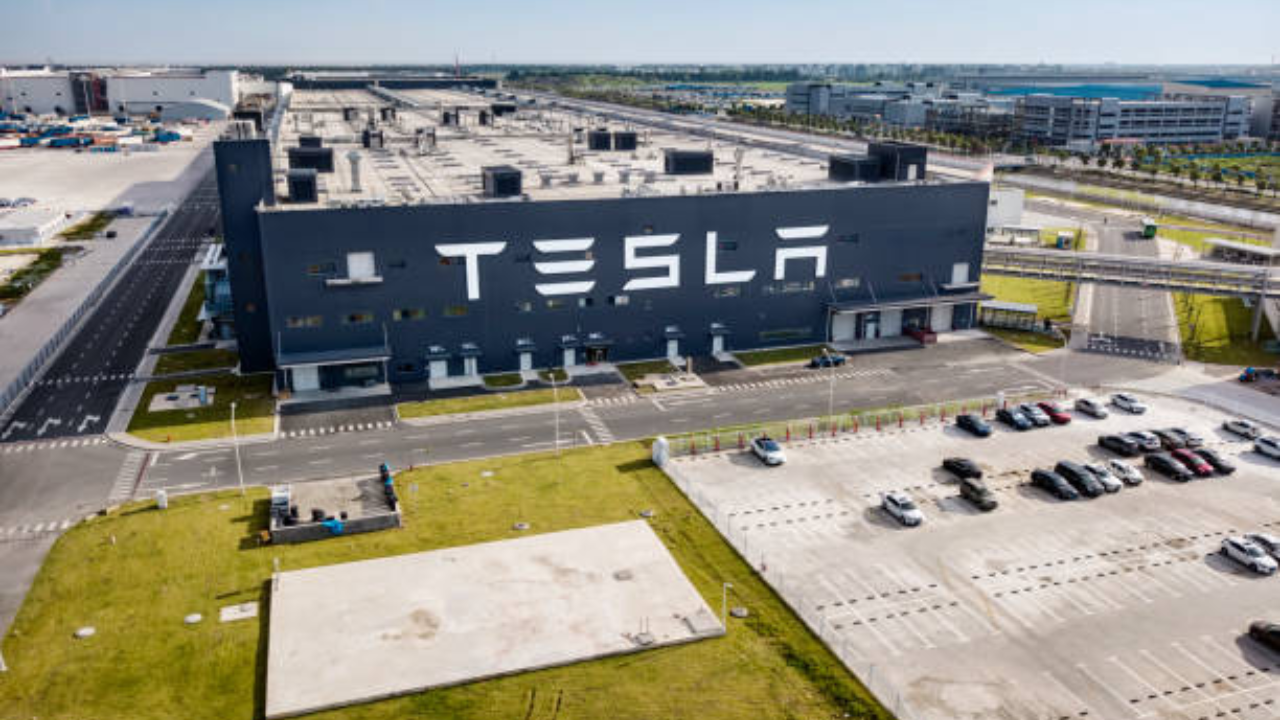

Tesla’s Market Performance (Image Source: iStockphoto)
Tesla, led by CEO Elon Musk, has cleared significant regulatory hurdles in China, marking a potential breakthrough for its Full Self-Driving (FSD) software deployment in the country. Musk’s unexpected trip to China underscores the importance of the nation as Tesla’s second-largest market, with discussions centered on FSD deployment and permission to transfer driving data overseas.
Agreement with Baidu and Compliance Certification
On Monday, sources revealed to Reuters that Tesla has inked a deal with Chinese tech giant Baidu to leverage its mapping license for data collection on China’s public roads—a pivotal step for FSD introduction. Moreover, Tesla’s Model 3 and Model Y cars received compliance certification from a leading Chinese auto association, indicating adherence to China’s stringent data security requirements.
Data Security Concerns and Regulatory Compliance
Data security and compliance have been key barriers hindering Tesla’s FSD rollout in China. Since 2021, Chinese regulations mandated Tesla to store all locally collected data in Shanghai, prohibiting its transfer overseas. Musk aims to secure approval for data transfer abroad to train autonomous driving algorithms, a crucial step for Tesla’s growth.
Competitive Landscape and Market Challenges
Chinese competitors like Xpeng and Huawei Technologies have been vying to outpace Tesla with comparable software offerings. However, retired journalist Hu Xijin noted Tesla’s unique compliance with China’s data standards, potentially granting its vehicles access to government and state-owned premises nationwide.
Security Concerns and Market Restrictions
Tesla’s cameras-installed vehicles faced restrictions in Chinese military complexes and political event venues due to security concerns. Despite these challenges, Tesla’s compliance efforts position it favorably in China’s evolving regulatory landscape.
Tesla’s Market Performance and Growth Strategies
Tesla’s shares experienced a decline this year amidst concerns over its growth trajectory. Musk announced plans to introduce new, more affordable models and a “robotaxi” with self-driving capabilities, slated for unveiling on August 8.
Potential Impact on Global Autonomous Driving Technology
Industry experts highlight China’s complex traffic conditions as conducive to training autonomous driving algorithms. Approval for data transfer abroad in China could significantly accelerate Tesla’s global autonomous technology development, according to Wedbush analyst Dan Ives.
Musk’s Engagements in China
During his visit, Musk met with Chinese Premier Li Qiang, who hailed Tesla’s success as a testament to U.S.-China economic cooperation. Musk’s attendance at the Beijing auto show and encounters with key industry figures, including CATL’s chairman Robin Zeng, underscore Tesla’s strategic engagements in China’s automotive market. Tesla’s progress in overcoming regulatory obstacles signals a significant milestone in its quest to deploy FSD technology in China.

